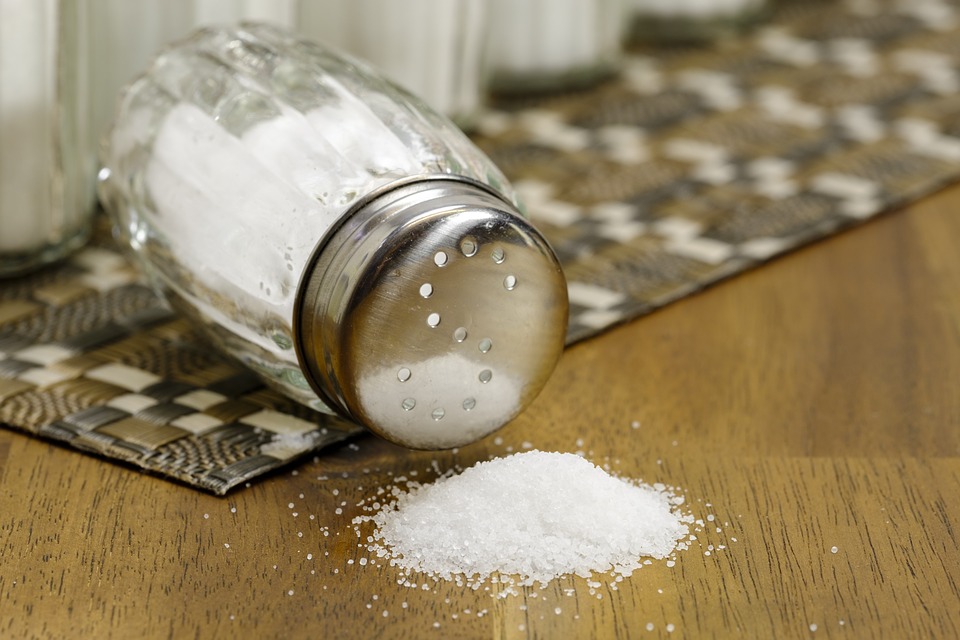While red meat is a good source of nutrients needed in the bodies, consuming it regularly has been directly linked to several health issues, including heart disease and diabetes. That’s why many people are now gravitating towards more healthy eating plans, which mainly consist of plant-based diets.
Plant-based diet and sodium levels
Meatless diets, such as veggie burgers and patties, are on the rise because they are low in calories and saturated fat. As these vegan foods are becoming firm favorites among people, though, health care professionals have found a reason for concern.
Some plant-based burgers that mimic beef and certain veggie burger patties are loaded with a high level of sodium content that might be harmful to our health. Extra sodium added as a flavor enhancer and preservative, increases the risk of blood pressure, as it holds excess fluid in the body. If it is not regulated to a safe level, it can lead to stroke, heart failure, osteoporosis, and kidney failure. This issue became a very hot topic in the recent past. Center for Science in the Public Interest even published a comprehensive report on sodium levels in various foods in an attempt to educate the consumers about the dangers of diets high in sodium.
Sodium levels in plant-based burgers and recommended RDA doses
Research studies show that most of the meatless burgers contain sodium levels ranging from 200 mg to 700 mg, with an average of 420 mg per 100 g serving. If you are in doubt when choosing the right veggie patty, you can always consult a handy Google tool which can help you determine the sodium levels of some of the most popular burger patties on the market. You can also see nutritional labels of various products on websites like consumerreports.org or fuducate.com before purchasing the product and most definitely you can always seek an advice from a licensed healthcare professional.
Let’s assume in a day you are used to eating at least two burgers weighing 200 g each. If each veggie burger contains 420 mg sodium content per 100 g serving, then it means you usually consume 1, 680 mg per day.
Dietary Guidelines
The Dietary Guidelines for Americans generally limit your daily intake of sodium to less than 2,300 mg. Considering you will be taking other types of foods with salt added as flavor, you are more likely to exceed the RDAs.
With variations of sodium level estimated to range from as low as 2% to 250%, healthcare professionals are calling upon the FDA to offer voluntary sodium-reduction guidance to the manufacturers providing plant-based burgers. The good news is that, some meatless patties manufacturers have already realized this, and they are trying to address the issue through improved recipes with lower sodium content.
For example, the regular Amy’s California Veggie burger contains about 690 mg per 100 g. Amy also has the Light in Sodium California Veggie burger with 350 mg per 100 g.
Takeaway
People who have adopted meatless burgers are advised to read labels carefully and choose varieties with low sodium contents. And even though meatless burgers and patties are made with better ingredients than traditional beef burgers, many nutritionists and health experts advise the general public to indulge in these new meat substitutes occasionally rather than regularly. Be advised that All content, including text, graphics, images, and information, contained in this article is for general information purposes only and does not replace a consultation with your own doctor or health care professional.

